French New Wave director Fran?ois Truffaut wrote the book on Alfred Hitchcock?literally. In 1962 he did a series of interviews (through a translator) with Hitchcock over six days with twenty seven hours of tapes discussing each of Hitchcock?s films. He later put gleanings from those interviews into one of the definitive books on filmmaking. In Hitchcock/Truffaut,?filmmaker and critic Kent Jones weave together bits of the tapes, clips from many of the films, and comments by current filmmakers, including Martin Scorsese, Wes Anderson, Olivier Assayas, Richard Linklater, Richard Fincher, Peter Bogdanovich, and others, all of whom view that book as a key part of their own careers.
Truffaut at that time had only made three films; Hitchcock was finishing work on his forty-eighth feature, The Birds. So in a sense this represents a young filmmaker learning from a master late in his career (Hitchcock only made three more films after this.) But Truffaut had for many years written in Cahiers du cin?ma, where he and others of the French New Wave evolved the auteur theory, championing such filmmakers as Hitchcock, John Ford, Akira Kurosawa, Howard Hawke, and several others. The idea behind auteur theory is that a film?s director is the key artistic vision (the true author) of a film. And for Truffaut, Hitchcock was one of the great artists of 20th Century cinema.
Many people may not think of Alfred Hitchcock as a great artist. Sure, he made lots of wonderful films, but weren?t they just thrillers that pulled in big audiences? He made so many films, should he be considered in such high regard? (Actually, in America at that time Hitchcock was considered just an entertainment filmmaker, not of critical concern. A main reason Truffaut wanted to do the book was to show otherwise.) Consider some of the great films Hitchcock directed: Psycho, Vertigo (named by Sight & Sound as the Greatest Film of All Time in 2012), North by Northwest, Rear Window, The Man Who Knew Too Much (twice), The 39 Steps, and those are just a few of the top films. Hitchcock had a very visual sense of storytelling and knew exactly what he wanted a scene to look like.
In the interviews that we get to hear in the film, Truffaut and Hitchcock discuss all the aspects of his style. Truffaut sets out going through each of the films to learn what Hitchcock was doing in each and sometimes even breaking things down scene by scene, and once even cut by cut within a scene. There are also some moments on the tape that raise some interesting questions. I?m especially fond of when Truffaut asks Hitchcock if he would consider himself a Catholic director. Hitchcock?s response was a firm, ?Turn off the recorder.? The possibilities of the discussion between these two filmmaking icons on that subject (that was lost to the rest of the world) make my mouth water. Sometimes the things that we miss are perhaps the most important.
Hitchcock films often focused on the dark fears that fill the world. But that darkness did not arise from the supernatural world, but from the flaws and perhaps even fallen character of humankind. These are films about the evil that people do and the consequences of those acts on others. Even though he didn?t want to talk (at least on the record) about being a Catholic filmmaker, there is a focus on sin and the fight against the powers of sin that fills his work.
Certainly this is a film that film nerds (that includes me) will love, but what of others? This is a film that in some ways can open the eyes of viewers to new ways of seeing and understanding films. It points out the ways film serves as an art form. For those who dismiss Hitchcock as mere entertainment, this film will provide new perspective and may well encourage you to watch or revisit some of his top films.
Photos courtesy Cohen Media Group

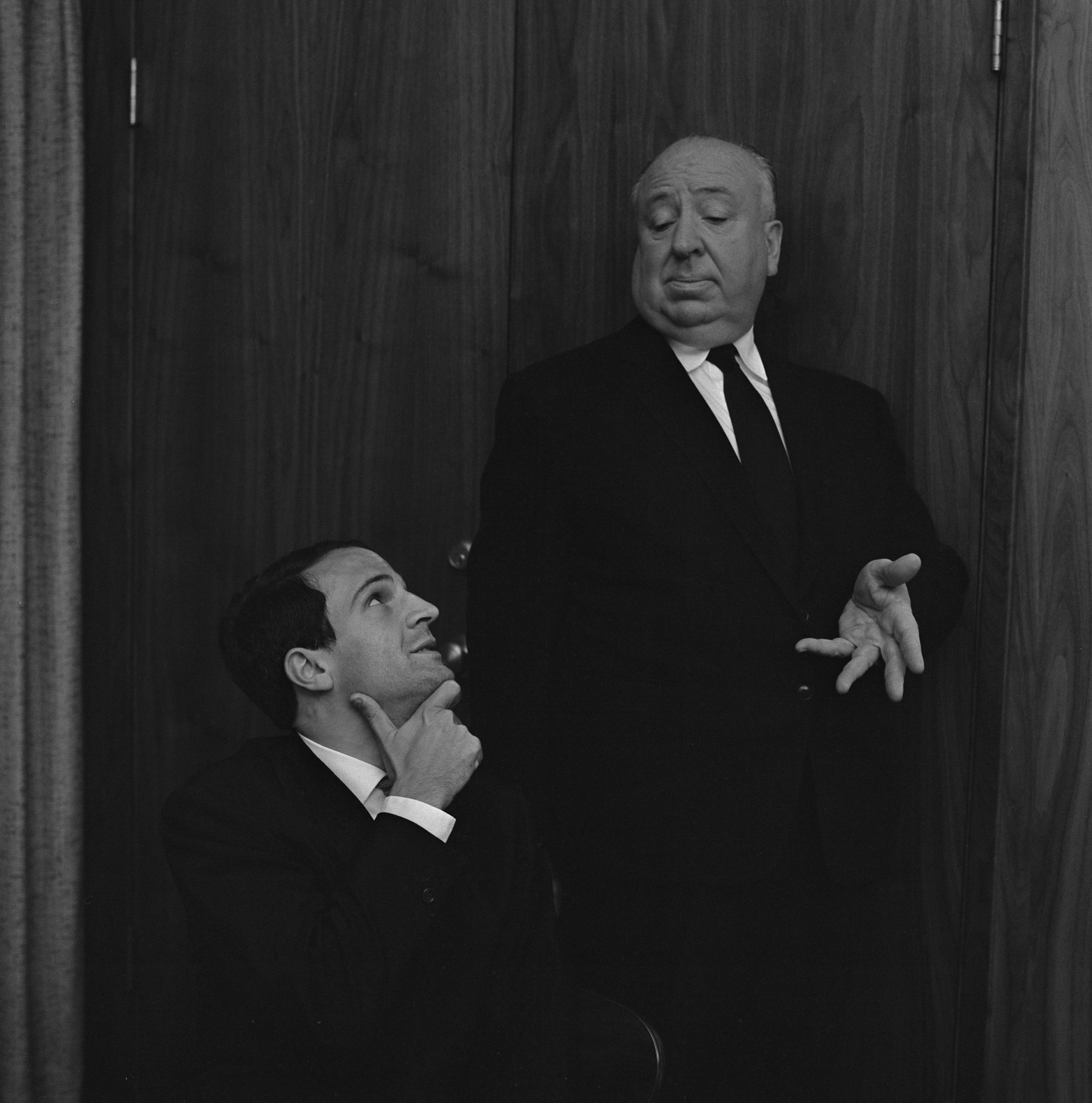
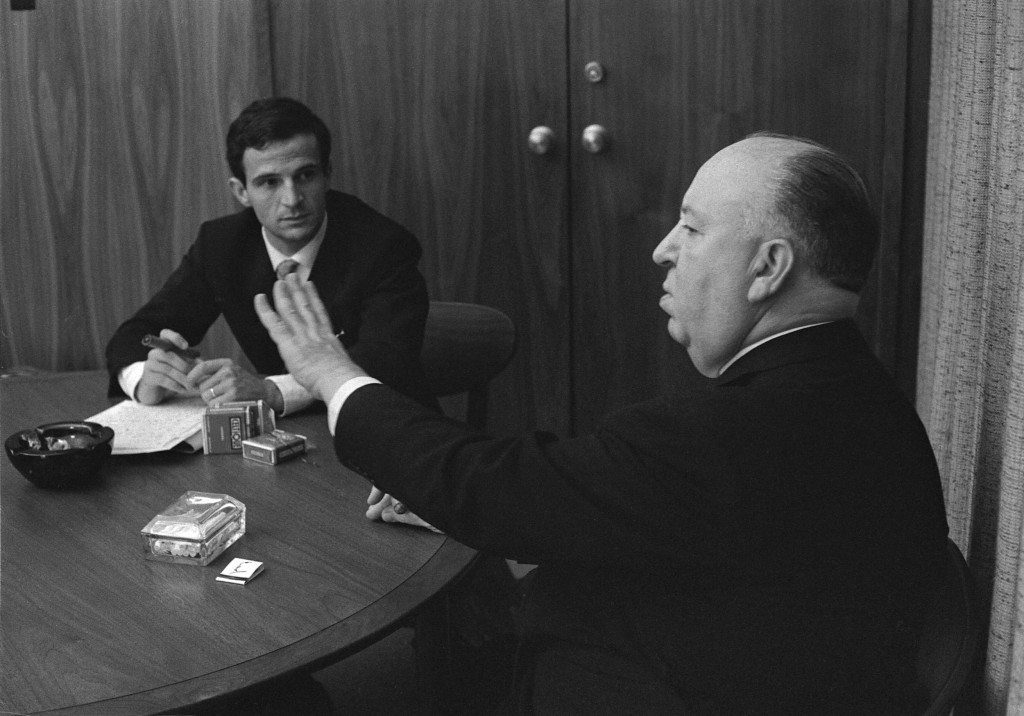
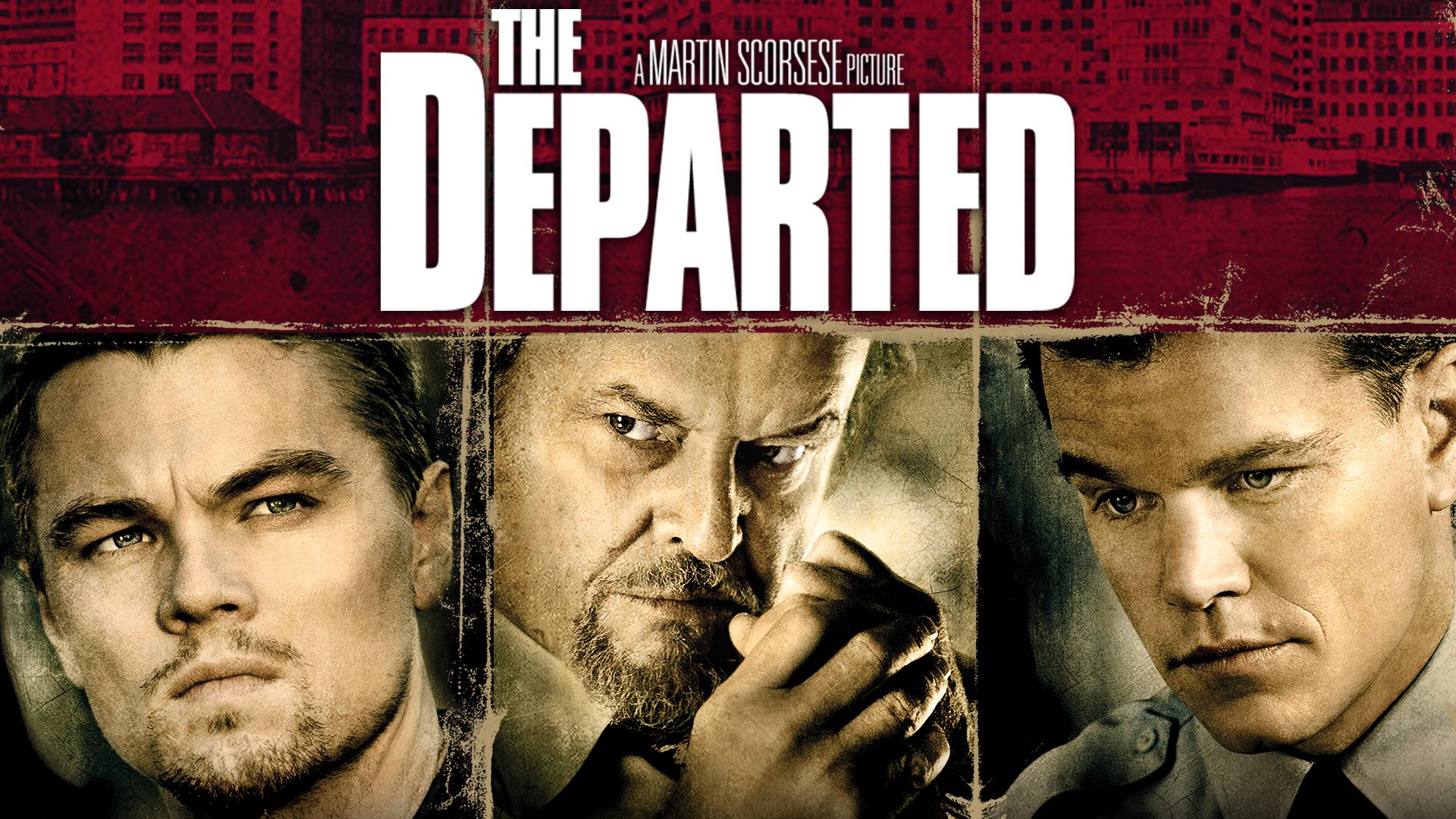
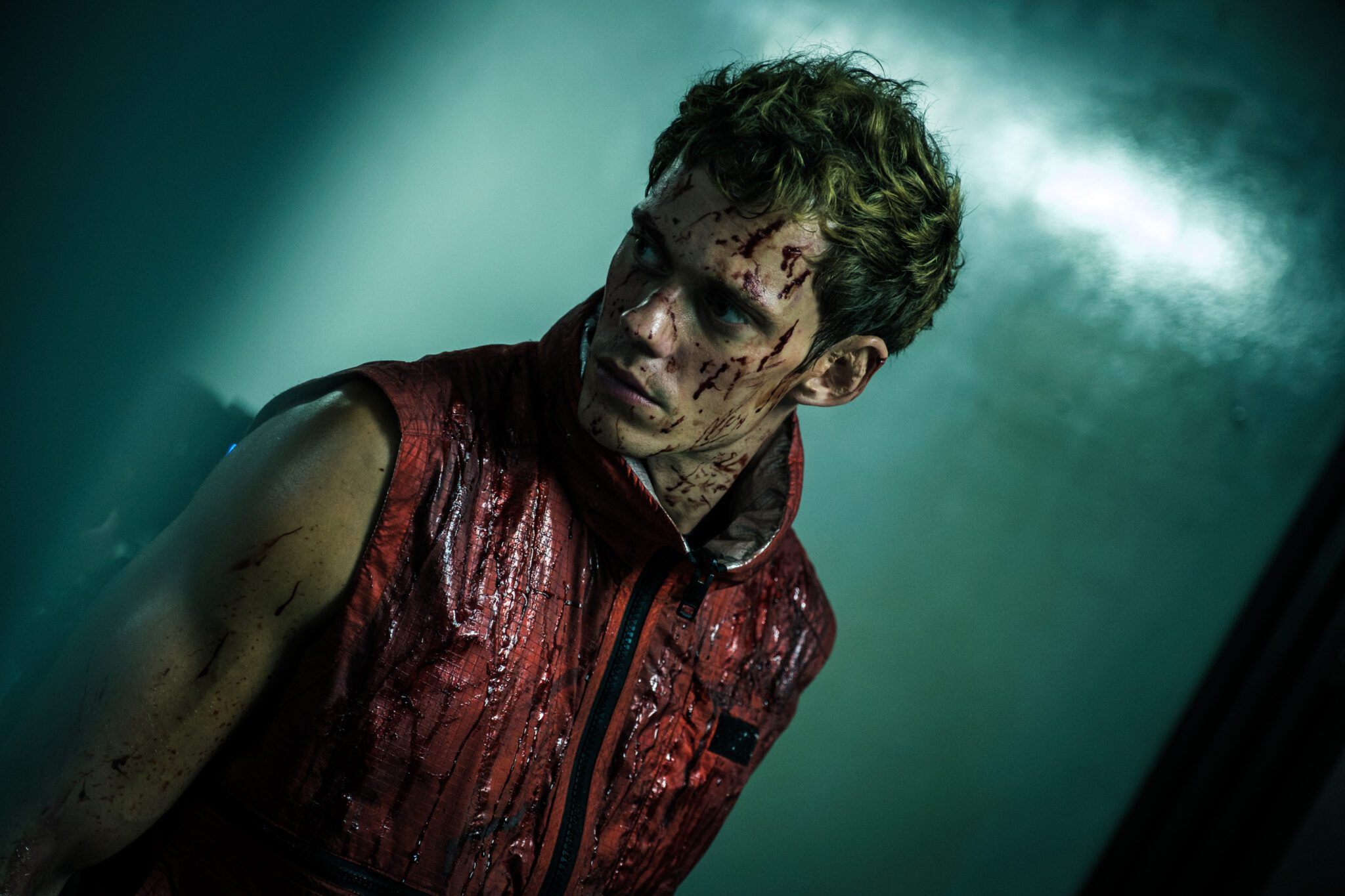
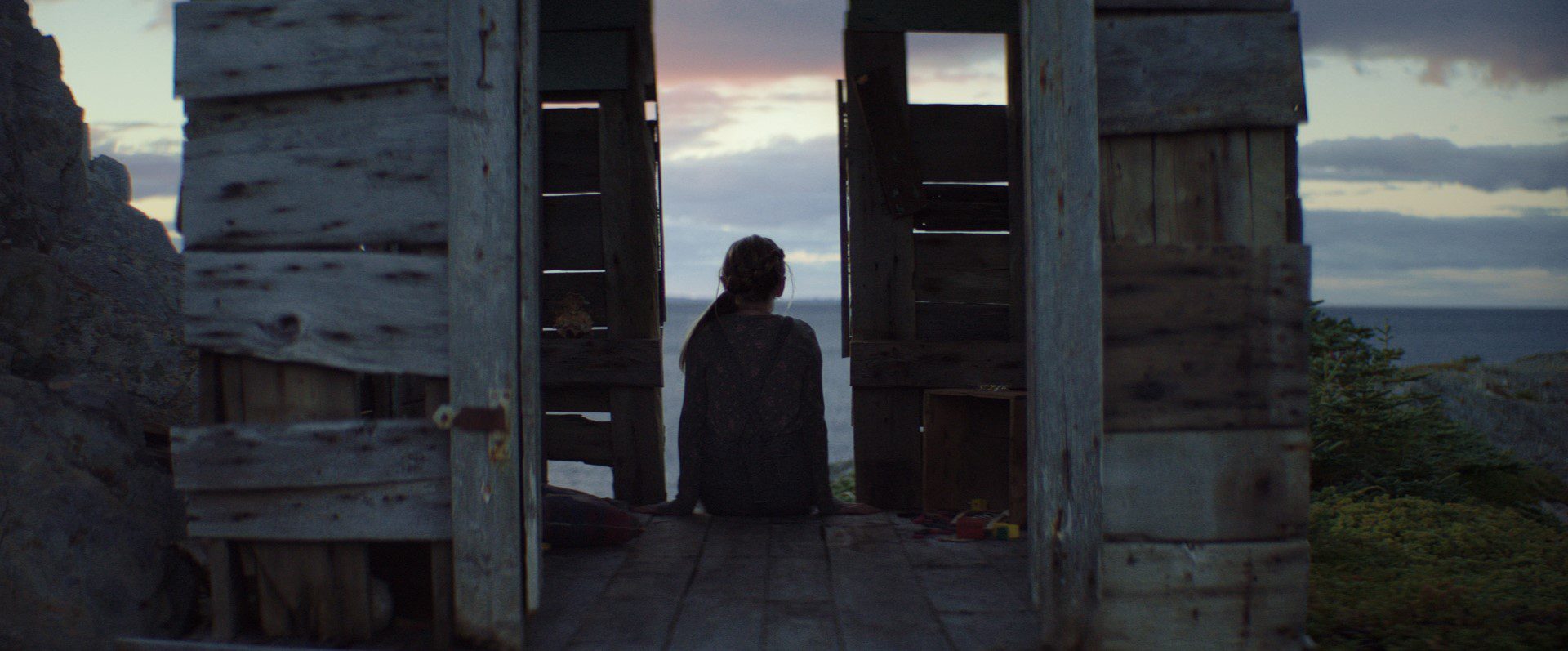
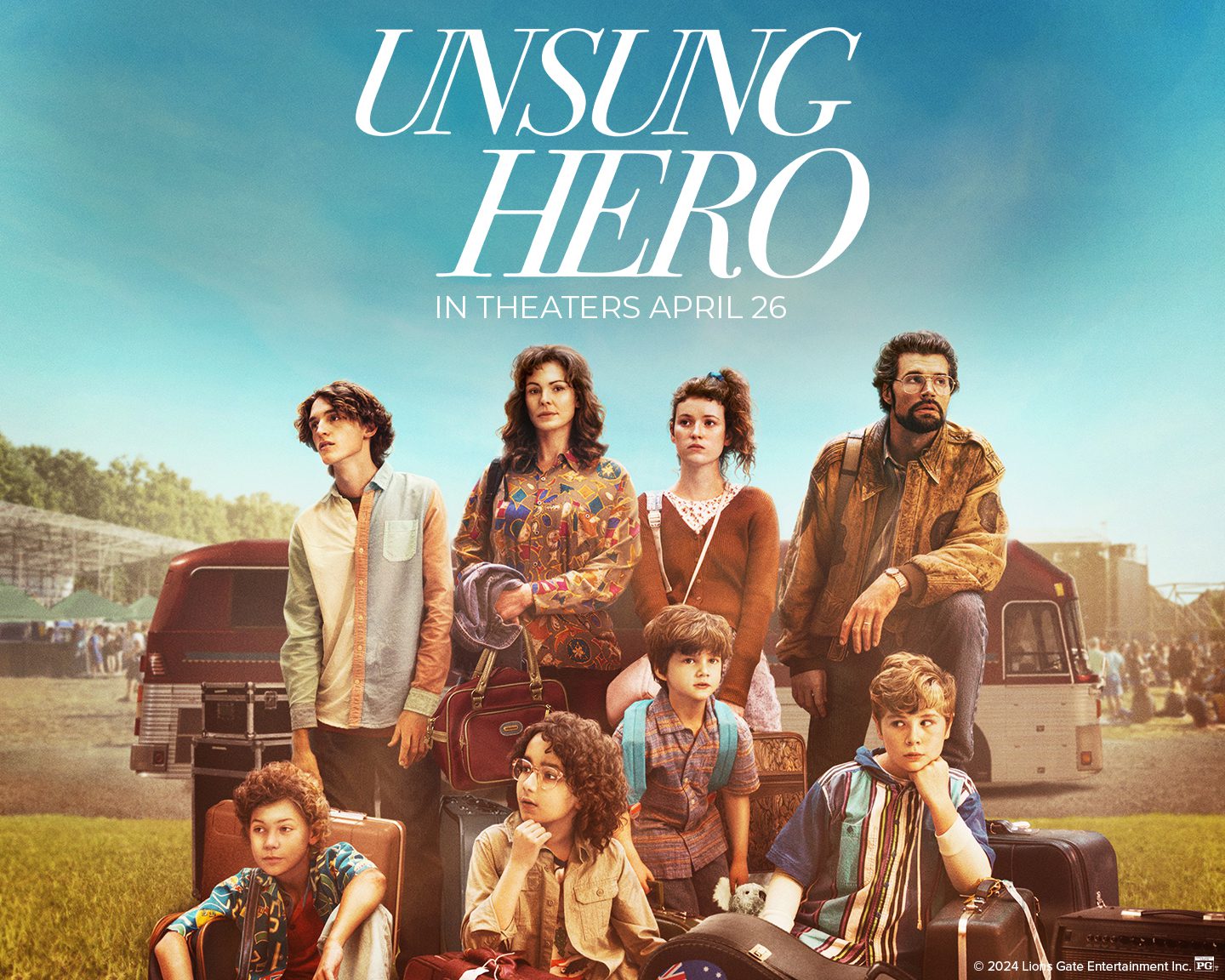
“Time passes quickly when you’re having a good time.”
–Hitchcock